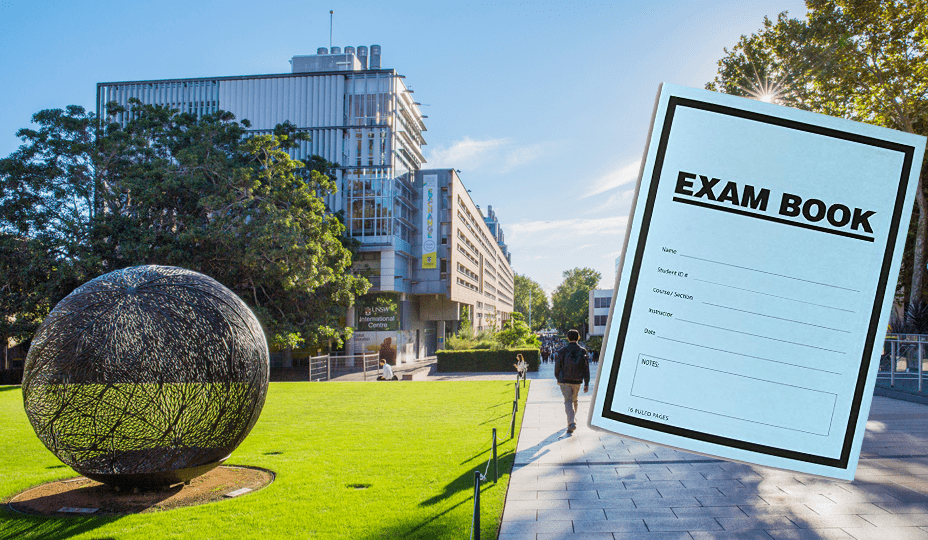The University of New South Wales (UNSW) Law School released a statement on Thursday announcing that law students will no longer be able to collect their exam papers after being marked.
In an email obtained by Honi that was sent on behalf of the Deputy Dean of UNSW Law, Professor Andrew Lynch, the faculty announced, “in accordance with the practice of other faculties … examination papers will no longer be available for your collection.” The faculty will instead request that course convenors release general guides to the final examination on Moodle, an open-source learning management system.
The timing of this move is interesting given UNSW’s transition to a trimester model at the beginning of 2019. Both staff and students have met the introduction of trimesters with widespread criticism and condemnation. According to UNSW student newspaper, Tharunka over 90% of the responses to a student survey completed by 5028 students in May 2016 were critical of the move. Reasons for such criticality, included less face-to-face contact between staff and students, and more concentrated and difficult term times. Honi recently reported that the firing of 400 staff and the significant cuts made to student services were made in preparation for the restructure. Multiple student protests opposing the move have followed. Consequently, staff have widely reported having significantly less time to mark assessments. Not returning papers could allow markers to spend less time on each script, as feedback would only need to be recorded and provided when requested, or be substantiated verbally.
While many have criticised the policy change given its possible implications for staff cuts and the additional difficulty for students to appeal marks, some UNSW law students have embraced the change. They note that traditionally the law school has been one of the last faculties to change policy and a move to digitise general exam reports in a timely fashion is potentially a relatively progressive step. Some students told Honi that UNSW law seminars rarely exceed 30 people and that the move to restrict access to exam papers, even if to decrease staff hours, is a reasonable concession to make when considering the small legal seminar sizes that UNSW prides itself on. In addition, Honi revealed last year that only 3.1 per cent of marks available in a UNSW law degree stem from closed book examinations, compared to 19.1 per cent at Sydney University, which further reflects what the UNSW Law School market as a “progressive and rigorous legal education.”
While this new practice seemingly restricts students’ capacity to review their papers and appeal marks, the Faculty has assured students that “the retention of papers does not prevent students who wish to seek a review of results from doing so.” Their email later states that “if a student makes an appointment with their teacher to discuss their exam paper, the teacher will request the paper from Student Services for this purpose and will then return it after the consultation with the student.
The UNSW LawSoc [Law Society] declined to comment on the policy change.





